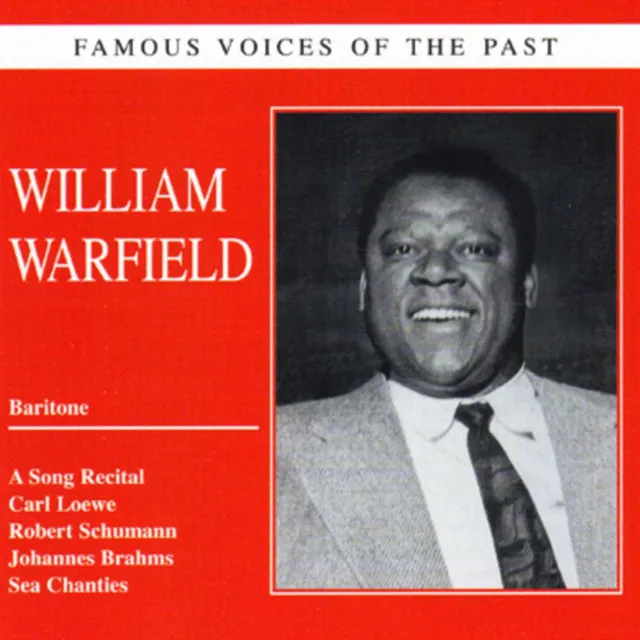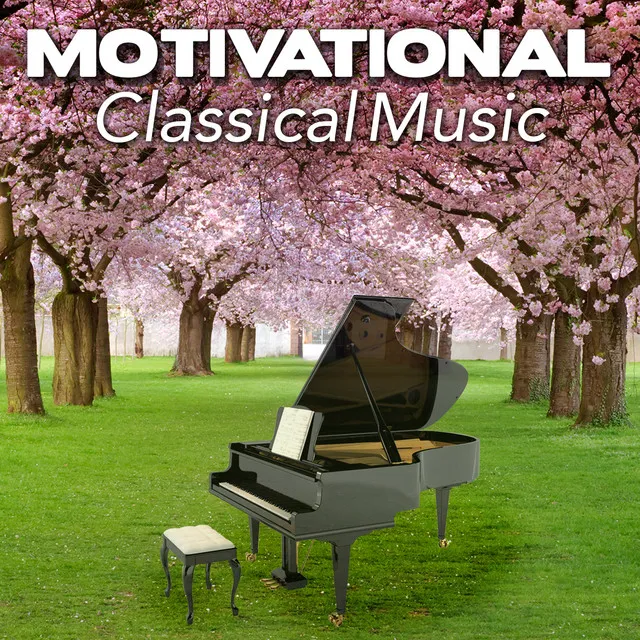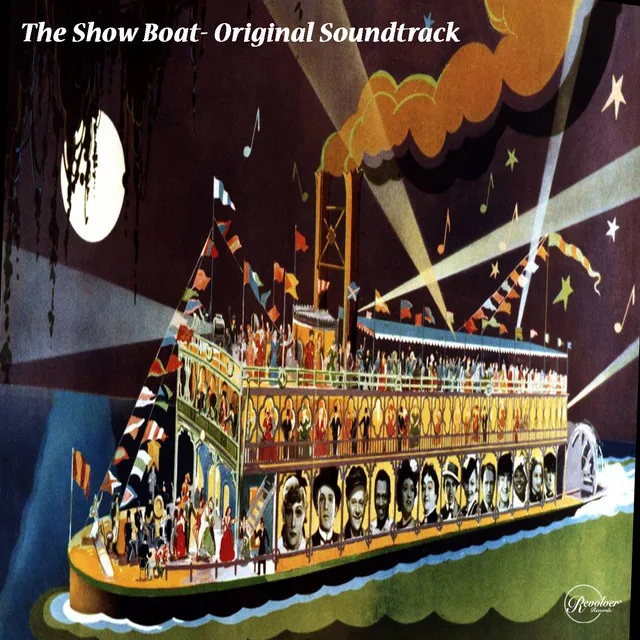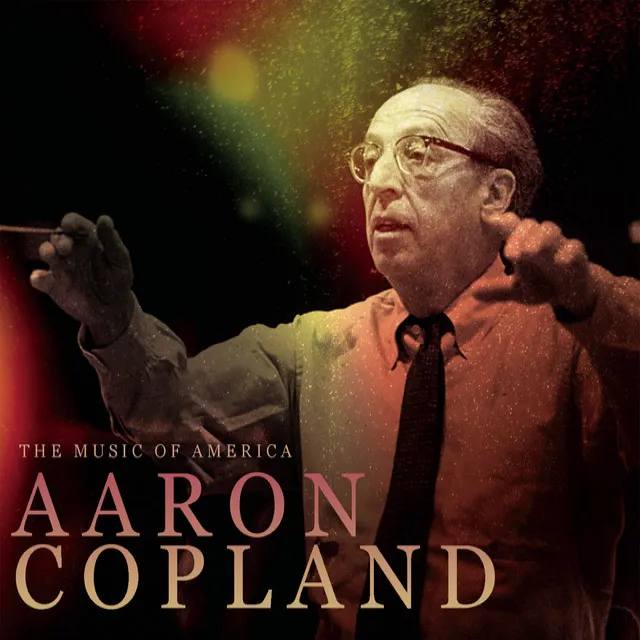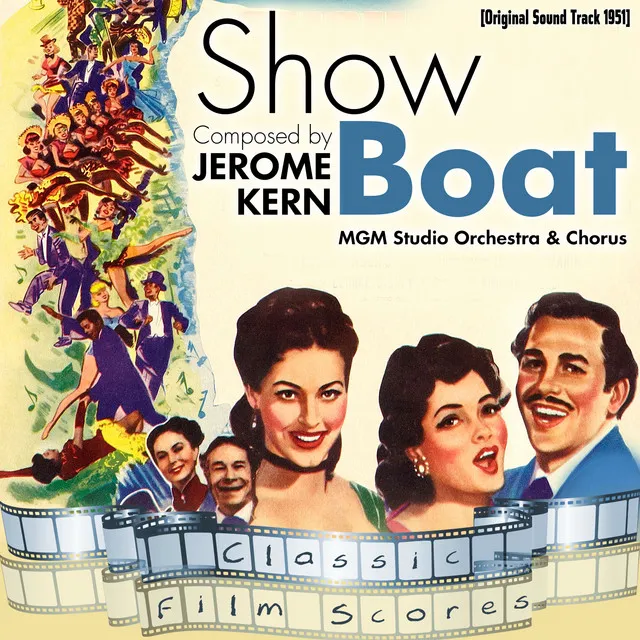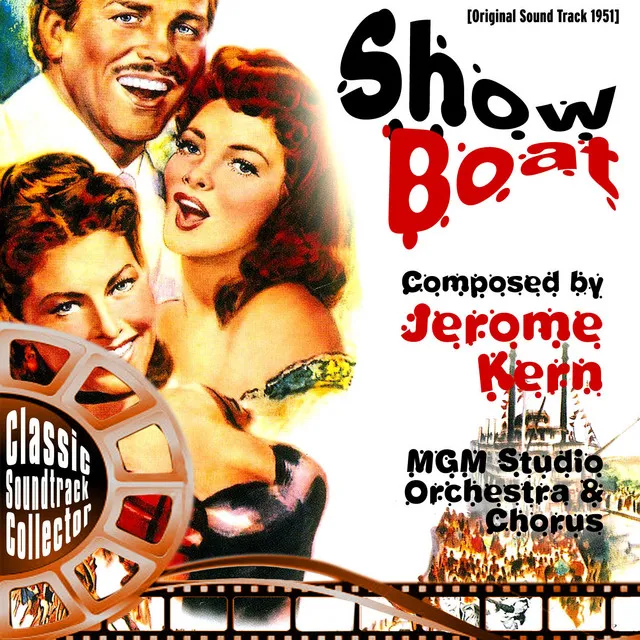William Warfield was one of the great baritones of the twentieth century, known for a voice of exceptional richness. With the exception of Paul Robeson, he is the singer most closely identified with Jerome Kern's song Ol' Man River and is the best-known singer of George Gershwin's Porgy.
He was born in the Mississippi River town of West Helena, AK. He was the first of five sons. His father moved the family to Rochester, NY, when the children were still quite young, seeking greater opportunities there, eventually becoming the pastor of Mount Vernon Baptist Church.
All five boys sang in the church choir. William sang in high school. He says that a classmate of his brought him a program from 1936, showing that his first public performance of Ol' Man River was at the age of 16. (This was the year of the release of the original film of Show Boat, in which Paul Robeson sang the song.) William's high school music teacher, Elsa Miller, recognized his talents. In his senior year, he won the national Music Educators League Competition, giving him a scholarship to the U.S. music school of his choice. He picked the Eastman School of Music, intending a career as a music teacher.
World War II interrupted his education after he obtained his bachelor's degree. He served four years in military intelligence, then returned to Eastman to study for his masters. There, he was encouraged to consider a professional singing career by Robeson and another great pioneer black classical singer, Marian Anderson.
His first professional appearances were in theater, including a stint with the national touring company of the musical Call Me Mister, Dorothy Heyward's play Set My People Free, and Marc Blitzstein's opera Regina. He sang in churches and synagnogues, and developed a night club act, singing and playing piano. When he played at a Toronto nightclub, a Canadian stockbroker named Walter Carr heard him and gave him the financial backing for a New York City debut, a recital at Town Hall on March 19, 1950. His recital, comprising religious music of the Renaissance and Baroque, German songs of Schubert and Loewe, and a diverse group of American songs, was one of the most memorable in years and launched him on a solid performing career.
He easily became the baritone of choice for black-oriented roles, such as Porgy, Joe in the color film remake of Show Boat, and he made memorable non-singing performances on the Hallmark Hall of Fame as De Lawd in Marc Connelly's Green Pastures in 1957 and 1959. One of his most important productions of Porgy and Bess was undertaken at the request of the U.S. State Department, where he sang it for ten weeks on a European tour with Leontyne Price as Bess. He married Miss Price in 1952. They separated a few years later and were formally divorced in 1972.
As time passed, Warfield was able to devote more of his time to the standard repertory, particularly in concert performances where he sang with many great conductors and orchestras in such major works as the Bach Passions, Handel's Messiah, Mendelssohn's Elijah, the Mozart and Verdi requiems and the Brahms German Requiem and Vier Ernste Gesänge, Mussorgsky's Songs and Dances of Death, and one of his favorite works, Aaron Copland's Old American Songs (which he recorded in both the piano version and the orchestration, with Copland as conductor).
In 1974, he joined the faculty of the University of Illinois, remaining there through 1990. In 1994, he was appointed a professor at Northwestern University in Evanston, IL. William Warfield died on August 25, 2002, from injuries sustained during a fall.
